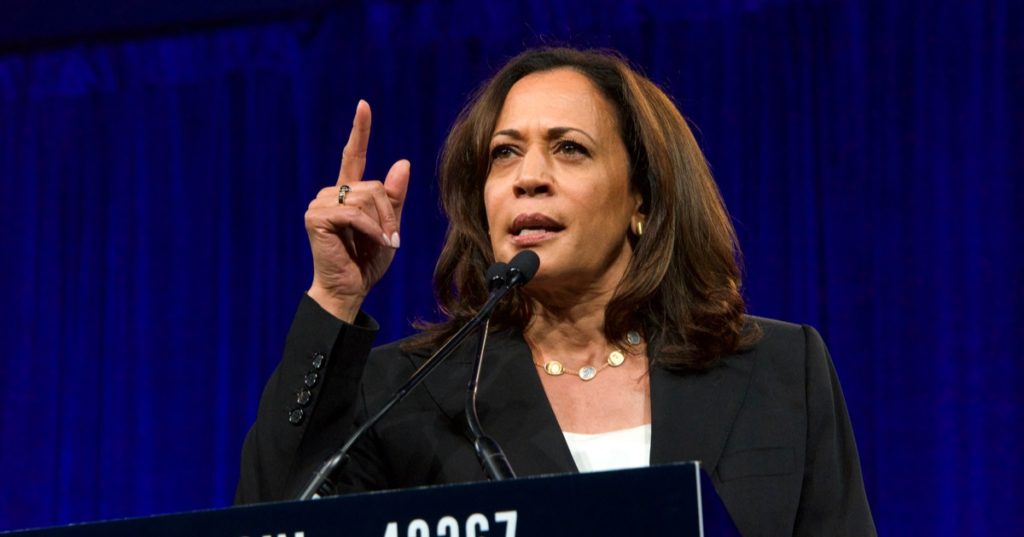




President Donald Trump turned the United Nations General Assembly into a stage for unfiltered critique, delivering a speech that left world leaders chuckling one moment and shifting uncomfortably the next.
Fox News reported that on Tuesday, at the U.N. headquarters in New York City, Trump took aim at the organization’s effectiveness, dismissed key global priorities, and touted his own achievements, drawing a spectrum of reactions from laughter to unease among the international audience.
Despite a malfunctioning teleprompter, Trump pressed on with his familiar talking points, undeterred by technical hiccups.
His delivery, a mix of humor and sharp reprimands, kept the room on edge. One can’t help but wonder if the broken equipment was a metaphor for his view of the U.N. itself.
Trump didn’t hold back, painting the U.N. as an ineffective body that fails to support American efforts in conflict resolution. He mocked his own mundane encounters with the organization—like getting stuck on an escalator—as the extent of its usefulness. It’s a biting jab, suggesting the U.N. is more of a bureaucratic maze than a global problem-solver.
He claimed credit for ending seven conflicts, pointedly noting the U.N. had no hand in those successes. This assertion underscores a broader theme of his address: the institution is failing its mission. For those skeptical of bloated international bodies, it’s a rallying cry worth considering.
Trump’s speech also tackled hot-button issues like climate policies, which he dismissed as overblown and economically disastrous.
He argued that green energy initiatives are financially unviable, a stance that resonates with those frustrated by costly environmental mandates. While some may wince at the dismissal, it’s a perspective grounded in prioritizing national economic stability.
On the conflict in Ukraine, Trump echoed the U.N.’s call for peace but slammed European NATO allies for purchasing Russian energy, accusing them of indirectly sustaining the war.
“Funding the war against themselves,” he said, highlighting a contradiction that’s hard to ignore. It’s a pointed critique of allies’ mixed signals on energy and security.
He didn’t stop there, threatening hefty tariffs on Europe if they continue buying Russian fuel and pinning responsibility on major powers like India and China for bankrolling the conflict through energy deals.
The promise of a “very strong round of powerful tariffs” if Russia resists peace talks adds muscle to his words. It’s a bold strategy, though some might question if tariffs alone can shift geopolitical tides.
Migration was another lightning rod in Trump’s address, framed as a crisis undermining national sovereignty. He criticized the U.N. for allegedly supporting unauthorized migration into the U.S. through aid programs, a claim that fuels debates over border control. While the rhetoric is sharp, it taps into genuine concerns about policy impacts on national security.
Turning to Europe, Trump warned that unchecked migration is eroding cultural and social stability, citing shifts in cities like London as cautionary tales.
His assertion that some migrant groups push for incompatible legal systems raises eyebrows, but it reflects a broader anxiety about integration policies. The challenge lies in addressing these fears without sidelining humanitarian obligations.
On Palestinian statehood, Trump firmly opposed U.N. efforts, arguing that recognition would embolden terrorism and undermine peace.
He called it “a reward for Hamas,” a stance that’s sure to polarize but aligns with a hardline view on security in the region. Meanwhile, he urged an immediate end to hostilities in Gaza and the release of Israeli hostages, a plea for de-escalation amid staunch opposition.
Trump also boasted about U.S. military actions against Iran’s nuclear ambitions, positioning America as a decisive force against global threats.
This chest-thumping moment likely reassured supporters of a strong defense posture, though it left some in the room uneasy. It’s a reminder of the fine line between strength and provocation on the world stage.
Reactions to Trump’s speech varied, with some leaders visibly discomforted by his unrelenting critique of the U.N.’s relevance. Others, like Latvian Foreign Minister Baiba Braže, acknowledged the need for U.N. reform while still valuing its role in the international order. Her balanced take—“we still think the U.N. is a valuable organization”—offers a counterpoint, though it’s tough to deny the inefficiencies Trump highlighted.
Estonian Foreign Minister Margus Tsahkna welcomed Trump’s commitment to peace in Ukraine, agreeing that Russian energy exports fuel the conflict. French President Emmanuel Macron, however, indirectly challenged Trump’s approach to Gaza, urging the U.S. to leverage its influence for peace.



